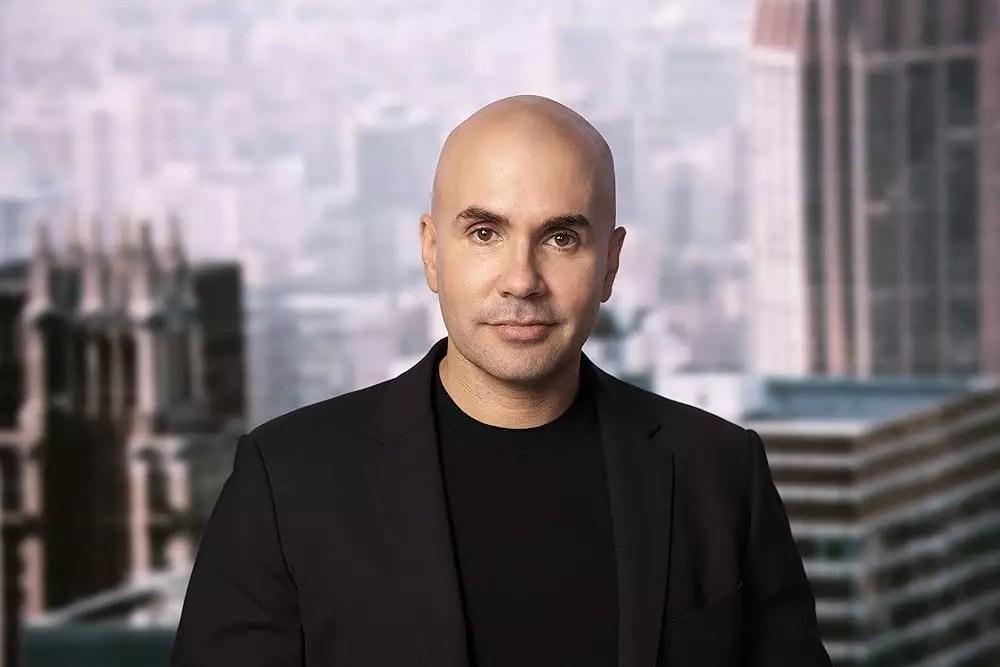Chris McCarthy’s imminent exit from Paramount Global marks the conclusion of an influential chapter characterized by bold strategic moves and exceptional industry insight. For over two decades, McCarthy’s trajectory within Viacom and later Paramount has illustrated a commitment to transforming entertainment content into powerful cultural phenomena. His departure, timed just ahead of Skydance’s acquisition finalization, signals a pivotal turning point that casts both uncertainty and opportunity on the horizon. While some may interpret his exit as a loss, it arguably underscores a conscious decision to step aside once his strategic influence has propelled the company through turbulent waters.
McCarthy’s tenure, especially as co-CEO alongside George Cheeks and Brian Robbins, was marked by relentless efforts to stabilize a sprawling conglomerate facing declining revenues and shifting consumer expectations. Under his leadership, Paramount navigated a rocky landscape, enduring layoffs and industry-wide upheaval to streamline operations and foster growth in lucrative sectors, particularly streaming. His role in overseeing Paramount+’s explosive growth—adding 10 million subscribers within a year—testifies to his ability to identify and harness market opportunities amid chaos.
Mastermind Behind Content and Strategic Alliances
One of McCarthy’s most significant accomplishments stemmed from his unwavering belief in creating and acquiring hit properties, notably the Yellowstone franchise. His faith in Taylor Sheridan’s vision resulted in a staggering $200 million deal that has transformed Sheridan into a key content creator. By backing Sheridan’s sprawling universe, McCarthy cemented Paramount’s reputation as a dominant player in scripted series. These investment decisions not only bolstered viewership but also attracted a loyal and expanding fan base, positioning Paramount as a powerhouse in premium scripted content.
His ability to cultivate high-profile talent deals further speaks to his strategic foresight. From bringing Jon Stewart back to The Daily Show to securing groundbreaking contracts with creators like Trey Parker and Matt Stone, McCarthy demonstrated an understanding that compelling IP could serve as the backbone of future growth. These initiatives reinforced the company’s creative pipeline, which remains essential as traditional linear television declines and streaming emerges as the new battleground.
Implications of Transition Amid Industry Turmoil
The timing of McCarthy’s departure—just as the FCC approved the Skydance merger—marks a critical transition point. Such mergers often bring about shifts in corporate culture, strategic priorities, and leadership structures. While his departure may seem like a loss of institutional knowledge, it also raises questions about the company’s future direction. Will Skydance’s leadership prioritize the same IP-centric, creator-driven approach McCarthy championed? Or will they pivot towards new models suited for an ever-evolving entertainment landscape?
Moreover, McCarthy’s departure signifies a broader industry trend—executives are increasingly aware of the necessity to adapt quickly amid a saturated market and rapidly changing consumer preferences. His track record, especially with streaming growth and content innovation, has set a high bar. But as new leadership takes the reins, Paramount will need to demonstrate resilience and agility to maintain momentum in a highly competitive environment.
A Legacy of Innovation and the Challenge Ahead
Looking beyond his immediate departure, McCarthy’s influence leaves a lasting imprint on Paramount’s strategic blueprint. His unyielding focus on intellectual property, synergy with talented creators, and investment in streaming are likely to influence the company’s path long after he’s gone. Yet, the challenge for Paramount’s new leadership will be to sustain this momentum—balancing legacy content, innovative storytelling, and adapting to global shifts in media consumption.
Ultimately, McCarthy’s exit embodies the bittersweet reality faced by many seasoned executives during transformative mergers: the recognition that while they have shaped a formidable foundation, the future requires fresh perspectives. His departure may accelerate a period of internal recalibration, pushing Paramount to redefine its identity and strategy for the post-merger era. Whether the company can leverage his accomplishments to forge a new era of growth remains an open question—one that will determine the trajectory of Paramount and its ability to stay relevant in an increasingly crowded media ecosystem.
